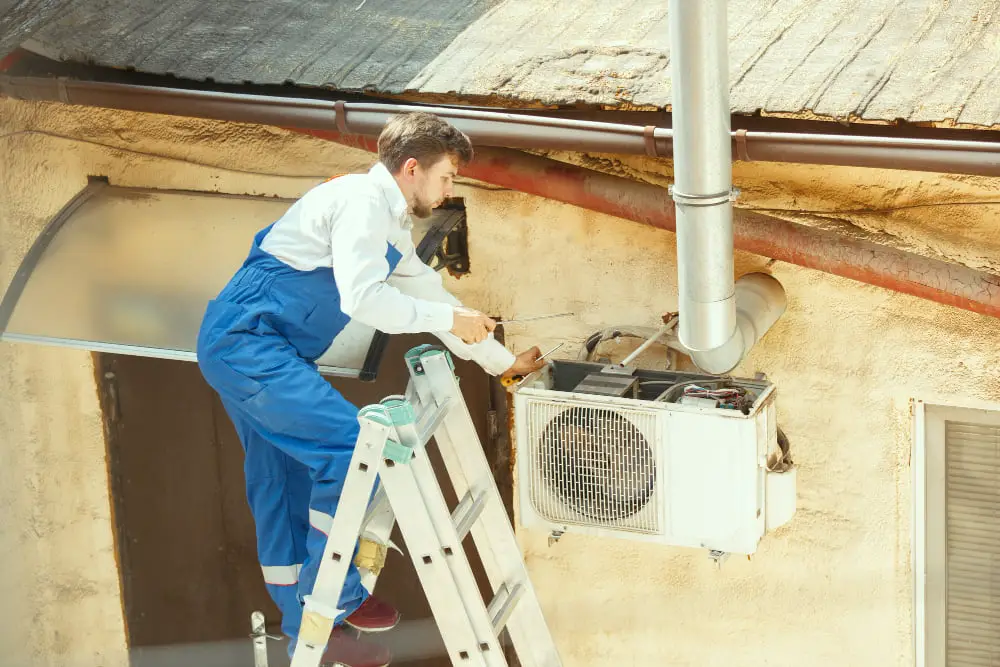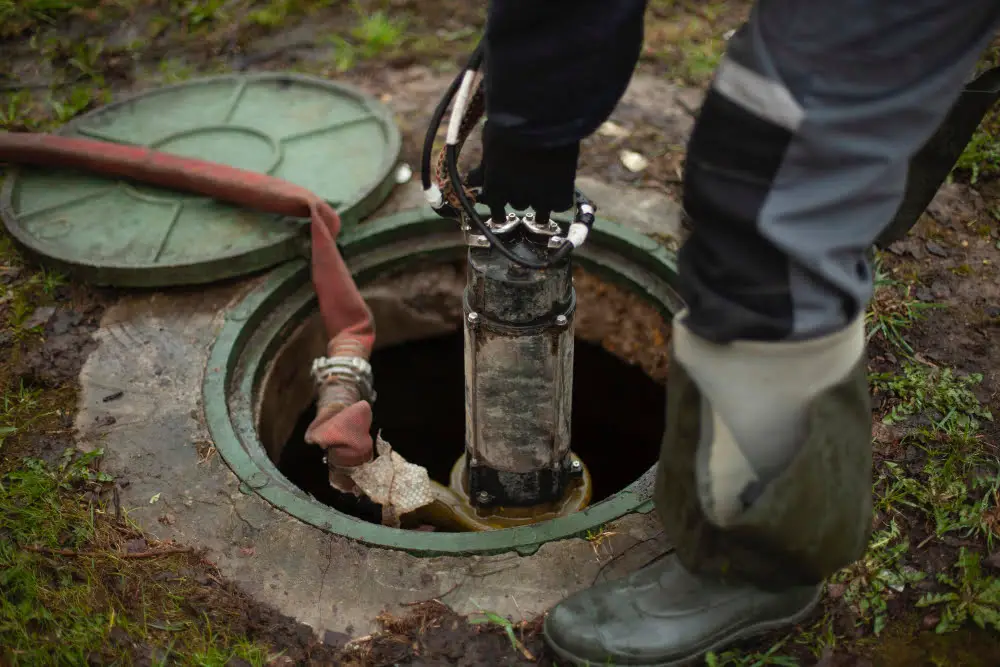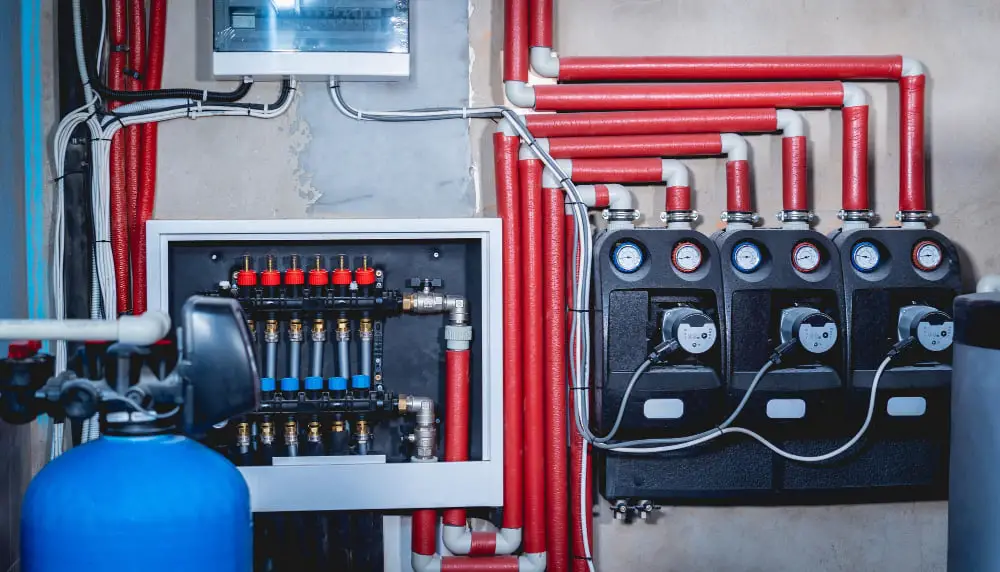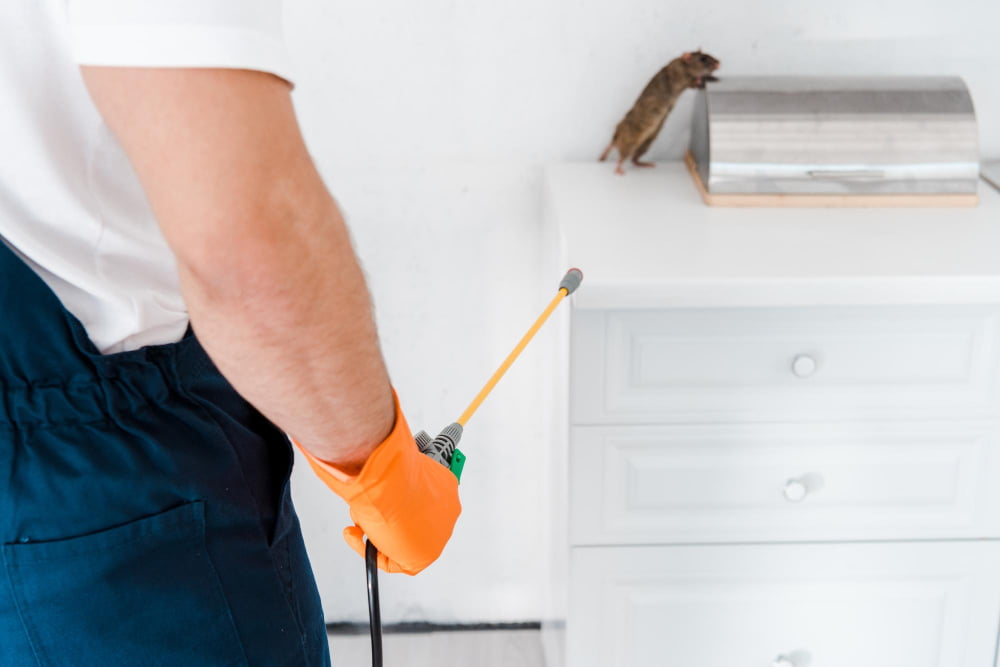Last updated on
Are you dreaming of becoming a successful HVAC professional? Do you have a passion for heating, ventilation, and air conditioning systems? Look no further! In this blog post, we will guide you on how to become a successful HVAC professional.
From education and training to useful tips and tricks, we have gathered all the information you need to kickstart your career in this lucrative field. With the increasing demand for HVAC services, there has never been a better time to enter this industry.
So let’s dive in and learn how you can become a successful HVAC professional!
Get Educated

The first step to becoming a successful HVAC professional is to get educated. This means completing a trade school program or a community college course in HVAC systems, which typically takes about two years.
For instance, one of the trades programs offered by Miller-Motte College is a diploma in HVAC technology, which covers topics such as electrical systems, refrigeration principles, and heat pumps. Additionally, you can also pursue an apprenticeship program with an experienced HVAC technician to gain hands-on experience.
Having a solid educational background will give you a strong foundation and understanding of how HVAC systems work, making it easier for you to excel in your career. Consider completing an apprenticeship program after graduating to further hone your skills and knowledge.
Gain Practical Experience
While education is important, gaining practical experience is equally crucial for becoming a successful HVAC professional. As the saying goes, practice makes perfect! Internships and apprenticeships are excellent ways to gain hands-on experience under the guidance of experienced technicians.
Additionally, some trade schools may offer opportunities for students to work on real-world HVAC projects. These experiences will not only help you develop your technical skills but also give you a taste of the day-to-day tasks and challenges of working in the field. Be proactive and seek out any chances to gain practical experience, as it will greatly benefit your career in the long run.
Obtain Necessary Certifications and Licenses

Having the necessary certifications and licenses is crucial for becoming a successful HVAC professional. This will not only make you more marketable to potential employers but also ensure that you have the knowledge and skills to perform your job safely and effectively.
In the US, most states require HVAC technicians to be licensed, which involves passing an exam and meeting specific requirements. In addition to state licenses, there are also various industry certifications you can obtain, such as those offered by North American Technician Excellence (NATE) and the Refrigeration Service Engineers Society (RSES). These certifications demonstrate your expertise and commitment to your profession, making you stand out in a competitive job market.
Keep up with Industry Trends and Technology
The HVAC industry is constantly evolving, with new technologies and techniques emerging all the time. To stay relevant and competitive as a professional, it’s important to keep up with these changes and trends.
Attend industry conferences, workshops, and seminars to learn about the latest advancements in HVAC systems and equipment. Stay updated on industry publications and news to understand current market demands and consumer preferences.
Additionally, consider taking continuing education courses to expand your knowledge and skills. By staying informed about the industry, you can ensure that you are providing top-notch services and meeting the needs of your clients.
Develop Strong Communication and Customer Service Skills
To become a successful HVAC professional, technical expertise is not enough. You also need to have strong communication and customer service skills. As an HVAC technician, you will be interacting with clients on a daily basis, explaining technical issues in simple terms and providing solutions to their problems. This requires effective communication skills and the ability to build rapport with customers.
Good customer service also involves being punctual, professional, and respectful towards your clients’ homes and properties. These skills will not only help you excel in your current job but also build a positive reputation and lead to future career opportunities.
Build a Network of Contacts in the HVAC Industry
Last but not least, building a network of contacts in the HVAC industry can greatly benefit your career as a professional. Attend trade shows, join industry associations, and connect with fellow technicians to expand your professional network.
Having a strong network can provide you with valuable resources, such as job leads, mentorship opportunities, and industry insights. It can also help you stay updated on new technology and trends by connecting with like-minded individuals who share the same passion for HVAC systems.
Plus, having a strong support system in the industry can be invaluable when facing challenges or seeking advice. So don’t underestimate the power of networking in your journey to becoming a successful HVAC professional.
Becoming a successful HVAC professional requires dedication, hard work, and continuous learning. By following these steps – getting educated, gaining practical experience, obtaining necessary certifications and licenses, keeping up with industry trends and technology, developing strong communication and customer service skills, and building a network of contacts in the industry – you can lay a solid foundation for a thriving career in this field.
Remember to always strive for excellence, stay updated on industry developments, and maintain strong relationships with your clients and fellow professionals. With these tips in mind, you’re well on your way to becoming a successful HVAC professional!
Recap




